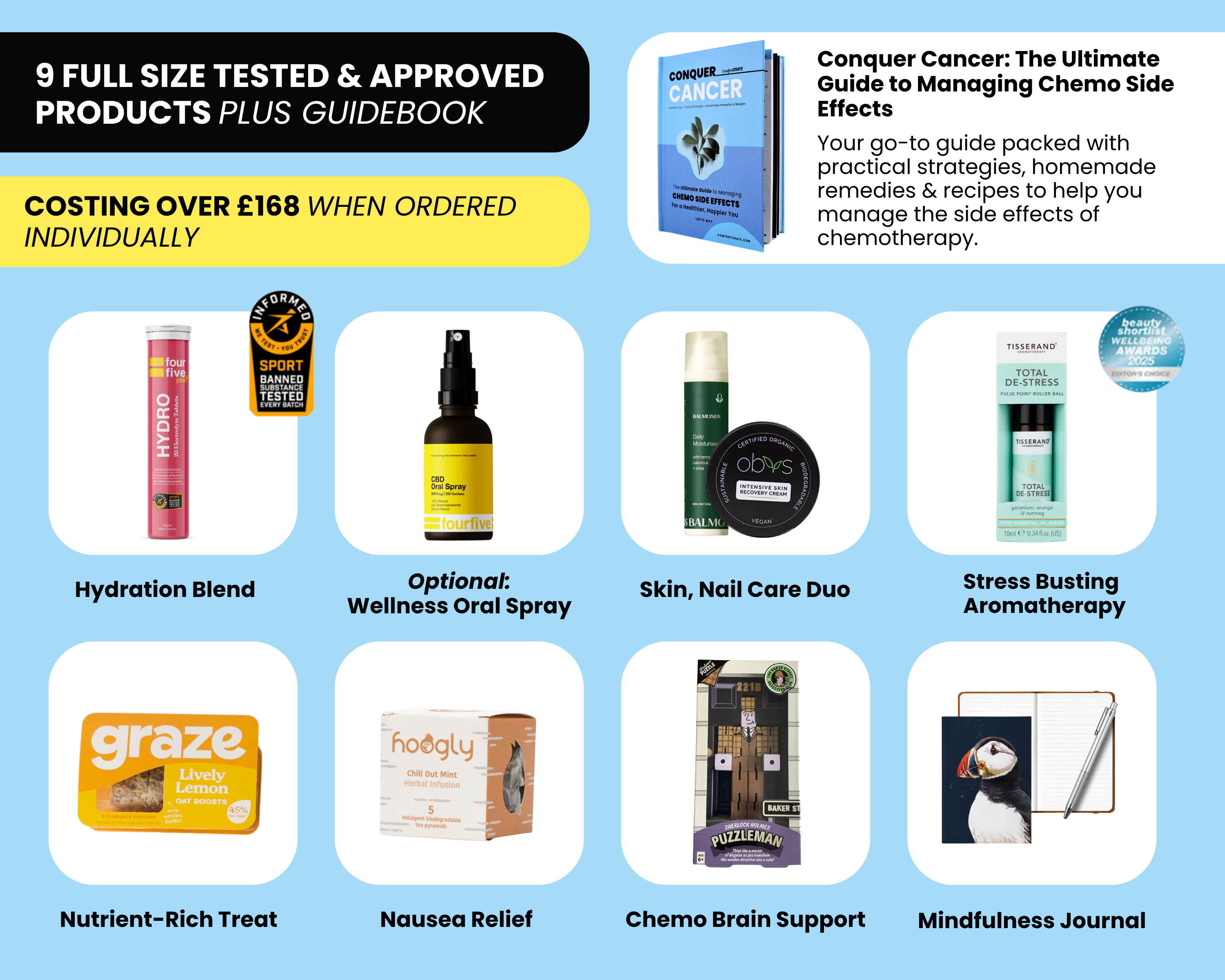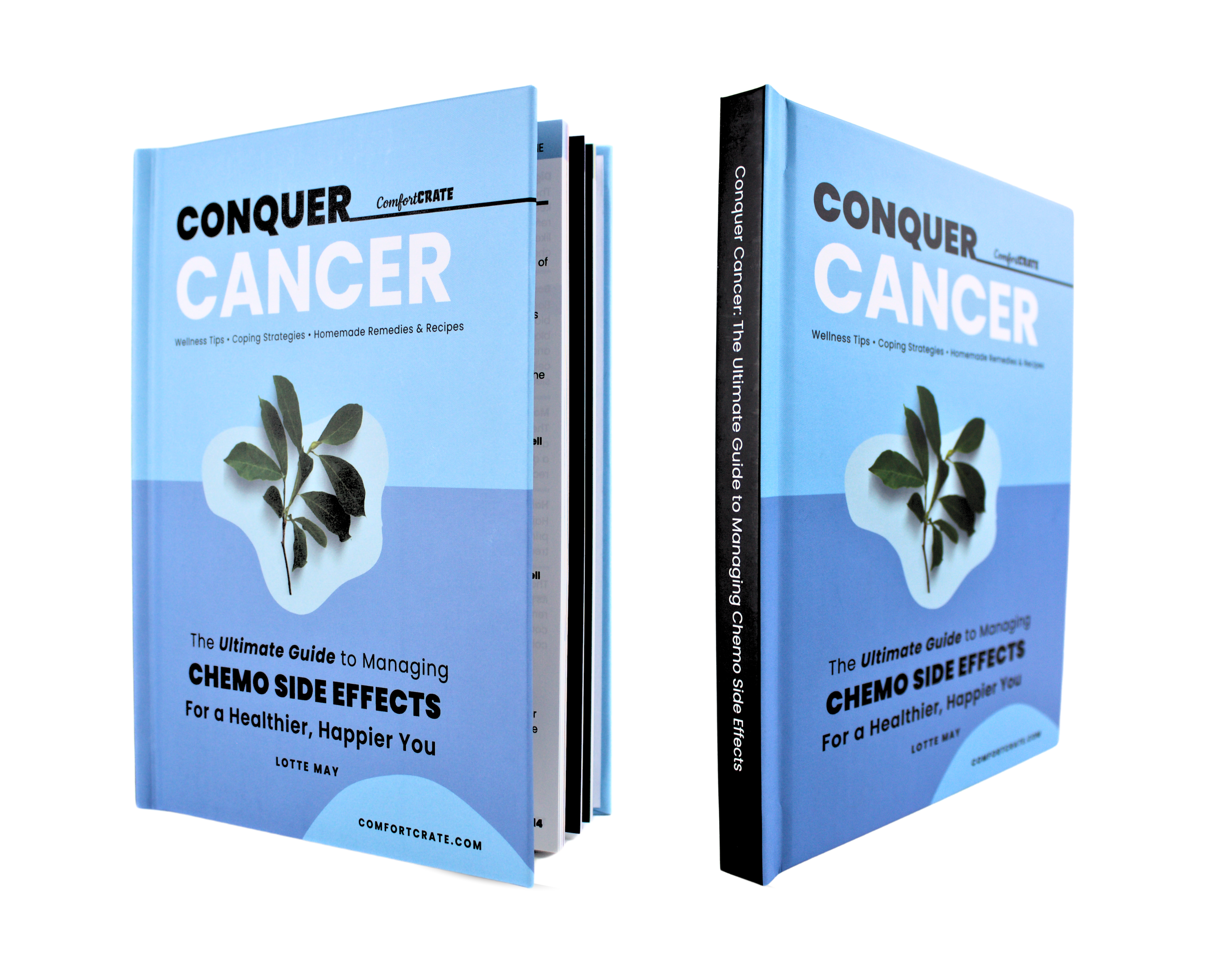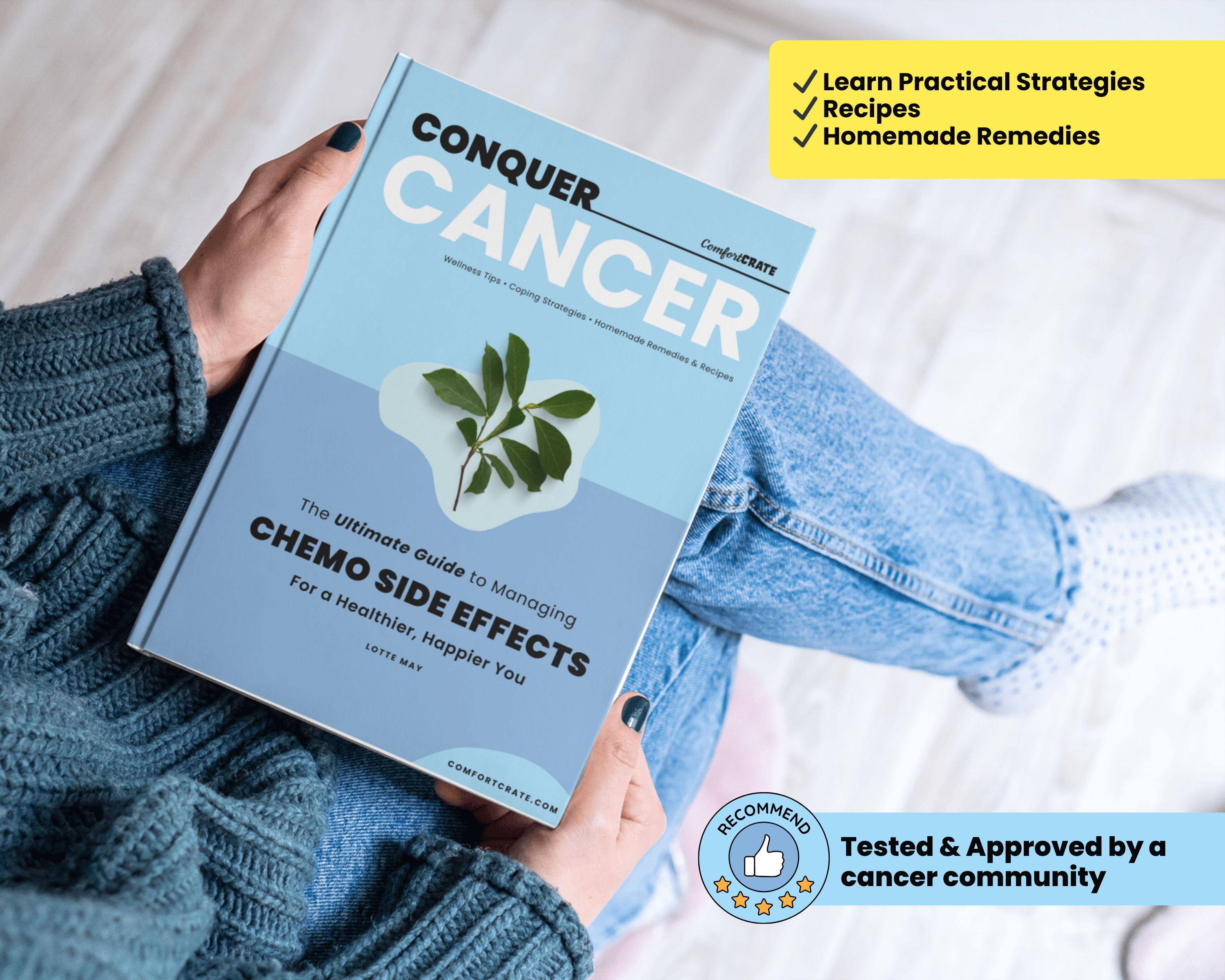
The Power of Napping: Benefits, Stages of Sleep, and Best Practices
Health Benefits of Napping | Stages of Sleep | The Homeostatic Sleep Drive | Why Do I Feel More Tired After Cancer Treatment? | The Best Way to Take a Nap
Let's talk about how taking short naps, especially for those going through cancer treatment, can be really helpful. Cancer treatment can make you feel tired and drained, so finding ways to rest and recharge is super important. Research shows that taking short naps can actually boost your brain power, help you feel more alert, and improve your overall health. So, let's explore why napping is so great for cancer patients and how it can make a difference in your day-to-day life.
Health Benefits of Napping
-
Memory Improvement: Napping enhances cognitive function and memory recall, making it an effective strategy for boosting mental acuity.
-
Enhanced Creativity: Brief naps stimulate creativity and problem-solving skills, offering mental refreshment that fuels innovative thinking.
-
Heart Health: Regular napping has been associated with a reduced risk of heart disease and strokes, as evidenced by a recent case study spanning 8 years.
- Optimal Nap Length: Naps lasting 10-20 minutes are considered optimal, providing a balance between rejuvenation and avoiding grogginess.
Stages of Sleep
-
Stage 1 (1-5 mins): Light rest, between being awake and asleep.
-
Stage 2 (10-25 mins): We detach from our surroundings, and real sleep kicks in. There’s a drop in temperature, relaxed muscles, and slowed breathing and heart rate. At the same time, brain waves show a new pattern and eye movement stops.
-
Stage 3 (20-40 mins): Deep sleep. Muscle tone, pulse, and breathing rate decrease as the body relaxes. This allows the body to recover and produce muscle growth. Your body uses deep sleep to strengthen your immunity to fight off illness and infection.
- Stage 4 (90 mins): Known as rapid eye movement (REM) sleep or active sleep. Like stage 3, memory consolidation also happens during REM sleep. However, REM sleep is when emotions and emotional memories are processed and stored.
The Homeostatic Sleep Drive
The Homeostatic Sleep Drive is like a built-in clock in your body that tells you when it's time to sleep. It's kind of like when you feel really tired at the end of a long day—that's your homeostatic sleep drive kicking in. This drive gets stronger the longer you've been awake, and it helps regulate your sleep patterns. So, when you've had a good night's sleep, your homeostatic sleep drive is low, but as the day goes on, it builds up, making you feel more and more tired until it's time to hit the hay. Power naps can help decrease the homeostatic sleep drive, making us feel more awake, helping to reduce feelings of fatigue and improve chemo brain.
Why Do I Feel More Tired After Cancer Treatment?
Our bodies produce a higher drive for sleep under some circumstances. For example, when the immune system is fighting an infection it produces more immune mediators, which cause more sleepiness. Furthermore, cognitively stimulating or demanding experiences (such as treatment or scans) could increase sleep pressure further. As a result, our sleep may be longer and deeper after those experiences.
The Best Way to Take a Nap
-
Set an Alarm: Aim for a nap length of 10-20 minutes, adjusting as needed based on daily demands and bodily cues.
-
Nap Early: Schedule naps earlier in the day to avoid disrupting nighttime sleep patterns.
-
Create a Sleep-Friendly Environment: Cultivate a relaxing atmosphere conducive to rest, incorporating calming visuals and aromatherapy.
- Deep Breathing: Practice deep breathing exercises to alleviate anxiety and promote relaxation before napping.
Conclusion:
So, if you're going through cancer treatment, don't forget to give yourself permission to take a little nap now and then. It's not just about feeling less tired—it's about giving your body and mind the chance to recharge and stay strong. Remember to listen to your body, create a comfy place to rest, and take those moments of relaxation whenever you need them. Napping might just be the little boost you need to keep going strong on your journey to feeling better.
For additional strategies to combat fatigue and improve well-being, explore our comprehensive guide on 'Simple Techniques to Improve Fatigue'.











Leave a comment
This site is protected by hCaptcha and the hCaptcha Privacy Policy and Terms of Service apply.